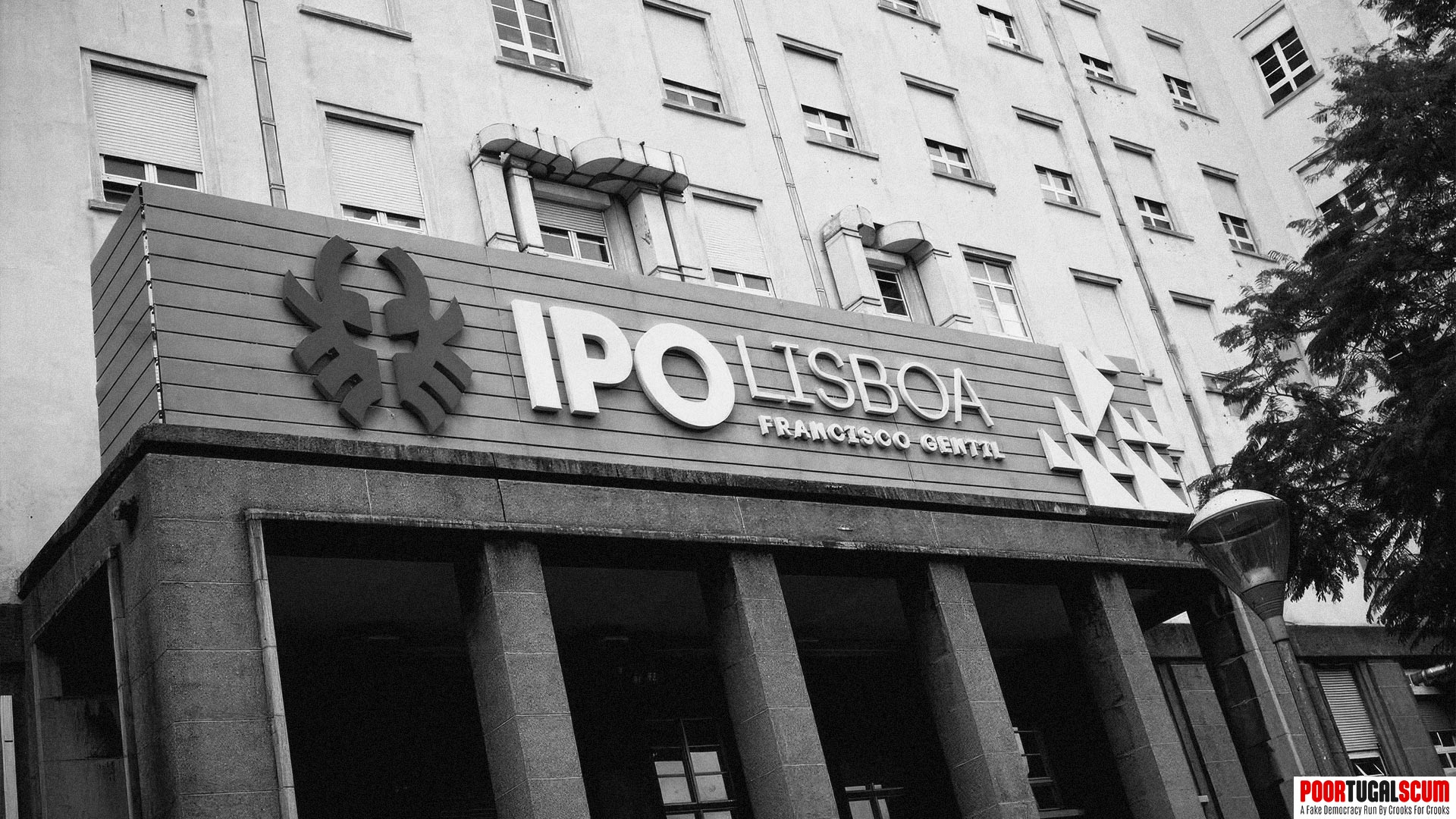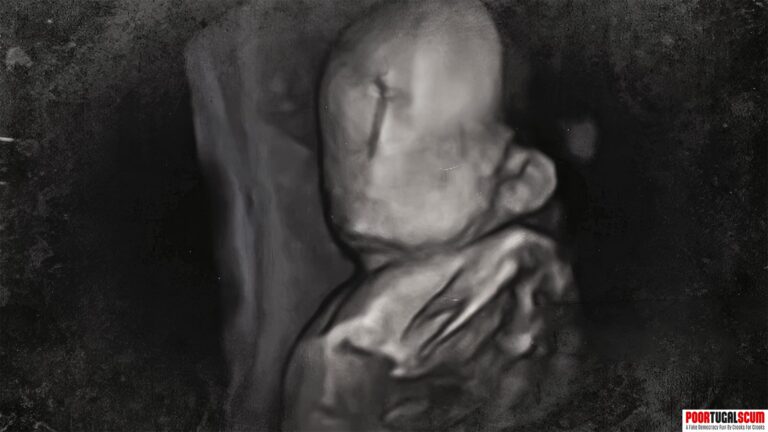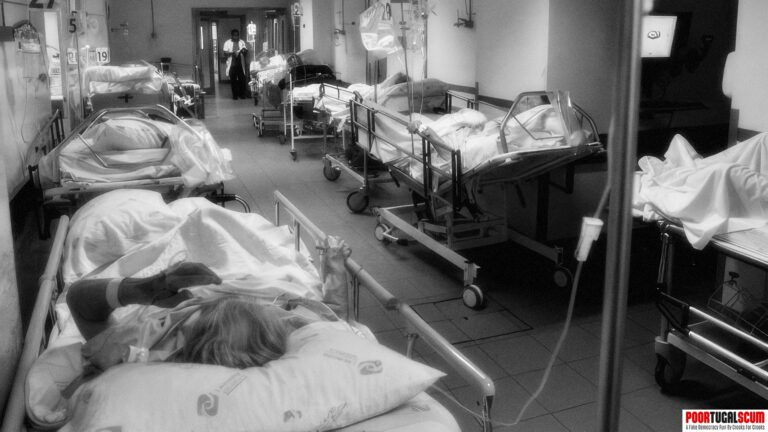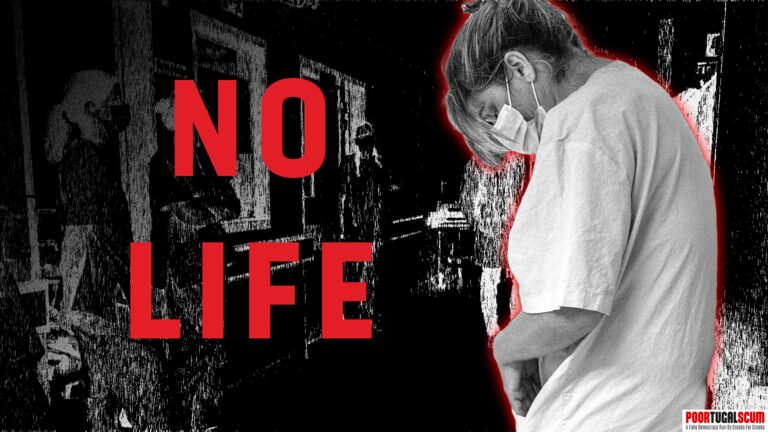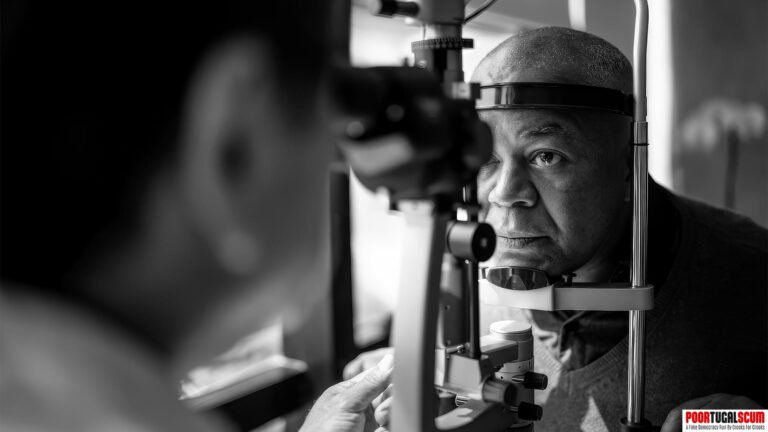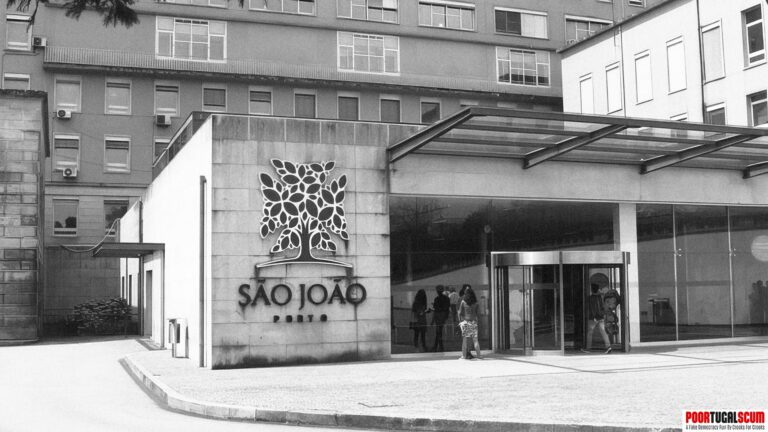The IPO (Portuguese Institute of Oncology) in Lisbon has spent 10 million euros on several private radiotherapy machinery, but yet only one machine is in operation. Why is that?
This is done on purpose to force the state to pay private expenses without any need, because some sly hospital staff simply won’t turn on the machines that have cost a total of 10 million euros! This is criminal for the taxpayers and above all for the cancer patients that desperately need so much these machines.
It’s totally incomprehensible, so much waste, stupidity and above all shameless corruption! It is very certain that this obnoxious criminal situation for Portuguese taxpayers and patients is being extremely profitable for the crooks in the private sector (and not only) who, as always in Portugal, act with total impunity and protection from above! Nothing ever happens and there are never any consequences! Sh*ty Portugal!
The following article is a translation (mostly MT). You can find the link to the original website at the end of it.
The newspaper i writes in today’s edition that the Lisbon IPO has a machine that it bought through a tender seven years ago, but which is still not working. A small example of the waste highlighted by the Court of Auditors.
Between 2007 and 2009, the Lisbon IPO spent 10 million on private radiotherapy. The Court also accuses the Ministry of Health of encouraging poor management.
The Court of Auditors’ audit of the acquisition of material from the Lisbon Oncology Institute is very critical of the institution’s boards of directors that acted between 2005 and 2010, the newspaper i said today.
The Court considers it unjustifiable that a public tender launched in 2004 for the purchase of radiotherapy equipment worth more than 4 million euros resulted in only one of the machines purchased being in operation in November 2010.
The situation led to significant losses for the state and patients, forcing the institution to redirect users to private services, with the increased costs, which exceeded 3 million euros in 2010 alone, paid by the public treasury.

